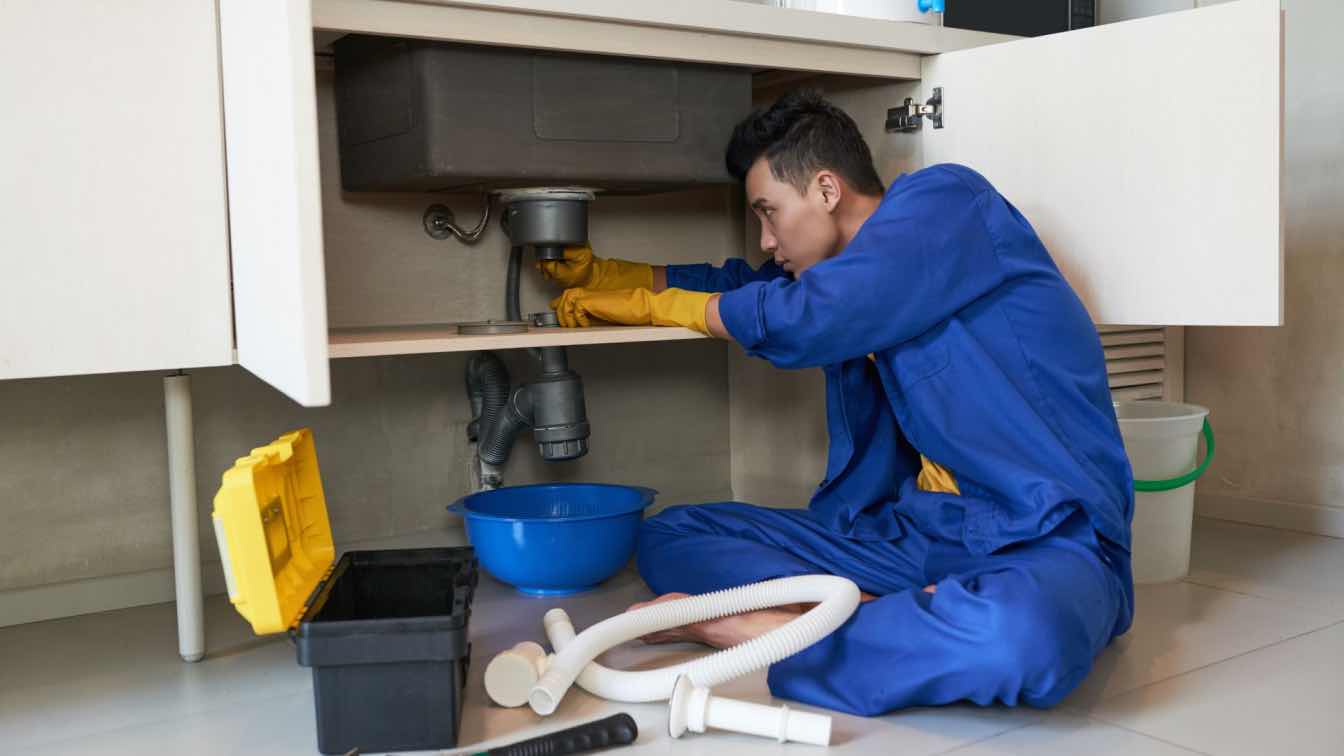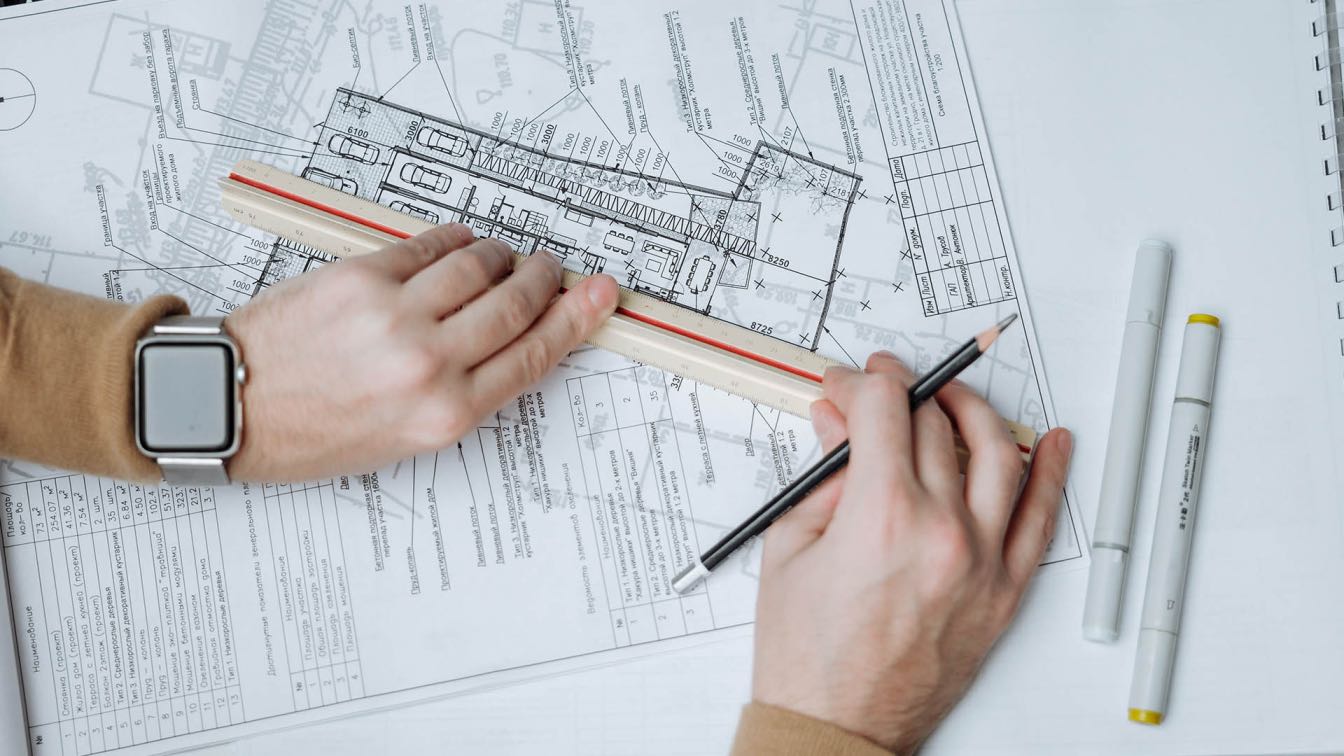Homeownership comes with a myriad of responsibilities, one of which is plumbing maintenance. Regular upkeep ensures the efficient functioning of your plumbing system and helps avoid costly plumbing disasters. This guide offers valuable insights and practical tips that every homeowner can implement to maintain their plumbing systems effectively. Plumbing maintenance can be manageable and stress-free with some knowledge and a little effort.
Regular Inspections
Frequent inspections are crucial to plumbing maintenance. You should examine visible pipes for leaks, corrosion, and wear, which can signal a looming problem. Don't forget to check faucets in the kitchen and bathroom, ensuring they function correctly. A dripping faucet wastes water and can indicate issues with the fixture or the pipes. Inspect your toilet for leaks by observing water levels in the tank and the bowl after flushing. Regular checks will enable you to discern corroded or damaged parts that might need replacement, preventing further complications. Getting the help of Landry Mechanical Inc Plumbing HVAC & Electric, a reputable home services company, can provide peace of mind and expert insight. Timely inspections can prolong the life of your plumbing fixtures, ensuring your home functions optimally.
Understanding Your Plumbing System
To maintain your plumbing system properly, it is essential to understand how it operates first. Most homes feature a typical setup, including supply lines for fresh water and pipes for wastewater disposal. By familiarizing yourself with the main components like pipes, faucets, and fixtures, you can identify and address issues promptly. One often overlooked aspect is the importance of knowing your shut-off valves. These valves can save you significant trouble in emergencies by allowing you to isolate a specific area or the entire house from water flow. For instance, if a pipe bursts, swiftly locating the main shut-off valve can prevent extensive water damage. Homeowners who find themselves overwhelmed can consider consulting professionals for guidance.
Keep Drains Clear
Clogged drains are one of the most common plumbing problems homeowners face. It's necessary to be mindful of what goes down the drain to prevent clogs. Avoid disposing of grease, coffee grounds, or large food particles in kitchen sinks, as these can accumulate and cause blockages. Utilizing drain covers can help catch debris inside sinks and showers, reducing the likelihood of clogs forming. If your drains become slow, baking soda and vinegar can be an effective cleaning solution to naturally clear minor buildup. However, you may need to employ a plumbing snake or consult a professional for persistent issues. Maintaining clear drains is not just about convenience; it's about sustaining the efficiency of your plumbing system and preventing breakages that arise from excessive pressure and backup.
Water Heater Maintenance
Water heaters require regular care to ensure they operate efficiently and last longer. One significant aspect of maintenance is checking the temperature settings. Ideally, the water heater should be set to 120 degrees Fahrenheit, a temperature that effectively reduces the risk of scalding while maximizing energy efficiency. It's also vital to flush your water heater periodically to remove sediment buildup, which impacts performance and reduces lifespan. Most manufacturers recommend doing this at least once a year. Inspecting the pressure relief valve is necessary to ensure it functions correctly and can prevent tank explosions in the event of overpressure. Lastly, consider replacement options if you notice any leaks or corrosion on the unit. Proper care can significantly enhance the longevity and performance of your water heater.
Dealing with Leaks Promptly
Leaks often lead to wasted water and costly repairs if not addressed quickly. Checking all pipes for signs of leaks is vital during inspections. Small leaks can often be temporarily remedied with plumber's tape or quick-seal products, offering a short-term solution until a professional can fix it. In locations like bathrooms, pay close attention to the caulking around tubs and sinks, as worn caulking can allow water to seep behind structures, promoting mold growth. If you suspect line leaks, consider monitoring your water meter; a consistent rise in water usage without an apparent cause may indicate a hidden leak. Early intervention can save homeowners substantial amounts in water bills and repairs, making leak management an essential part of plumbing maintenance.
Know When to Call a Professional
While diligent homeowners can resolve many plumbing issues, some require professional assistance. If you encounter persistent problems that don't respond to DIY solutions or if you discover serious leaks, the time has come to consult a plumber. Complex issues require specialized equipment and expertise. Professionals can also help with a complete look at your plumbing system, diagnosing underlying issues that may not be readily apparent. Regular maintenance from a reliable service can save you money and time over the long haul. Your plumbing system is integral to your home's functionality, so don't hesitate to ask for expert support when in doubt.
Plumbing maintenance is a vital part of homeownership. By understanding your plumbing system, performing regular inspections, and keeping up with essential maintenance tasks, homeowners can prevent minor problems from escalating. With attention to detail, such as clearing drains and maintaining water heaters, the integrity of your home's plumbing can be preserved. Further, knowing when professional help is necessary is crucial for safeguarding your investment. Investing in plumbing care will reap long-term functionality, comfort, and property value benefits. Proactive maintenance saves money and creates a safe and serene living environment, ensuring your home remains a haven for you and your family.





